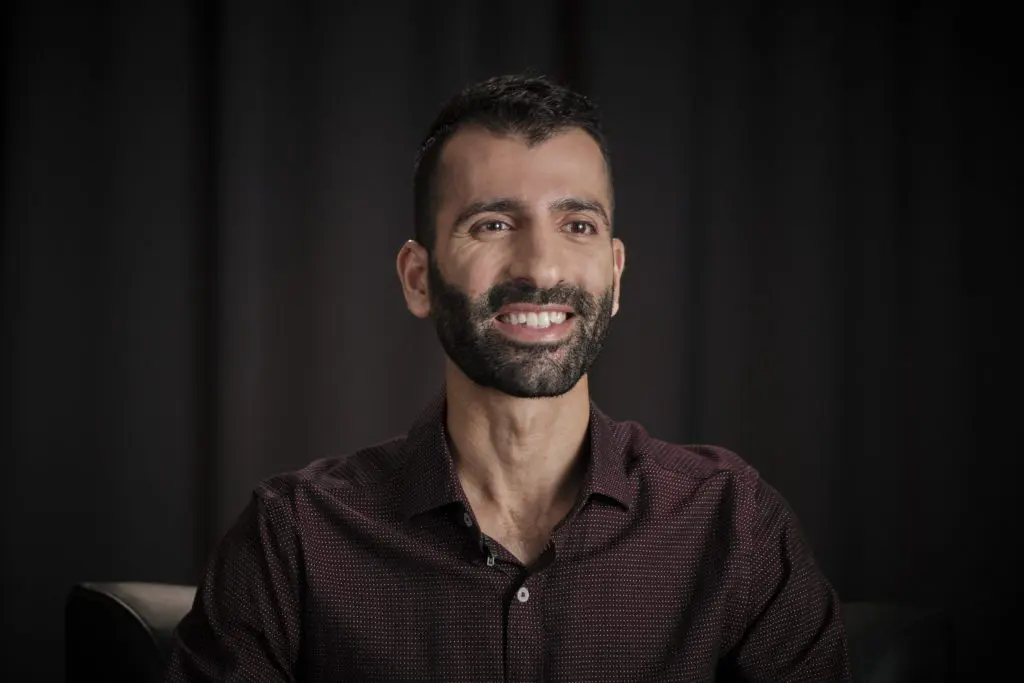Congratulations to Nicole who graduated from the Psychiatric Nursing Program! We thank her for her hard work on the blog and wish her the best of luck in her new career. Questions and comments will now be disabled. Please watch out for a new Psychiatric Nursing Student Blogger in the near future!
Hi Everyone,
It’s incredible to think that my cohort is already into its second year of the RDPN program. Time sure flies… when you’re busy studying! Before I get caught up in thinking about my semester 4 courses, I’d like to reflect back on a course I took in semester 3 that was a significant part of my educational and clinical experiences. Acute Psychiatric Nursing Theory was my favourite course from last semester, and I found that the information I learned was not only interesting, but applied consistently throughout my two month clinical experience on the psychiatric ward of Kelowna General Hospital. My favourite aspects of this course were interpreting the many intricacies of mental illnesses and the role of the psychiatric nurse in patient care.
What I most enjoyed learning was the specifics of each mental health issue. “Schizophrenia” or “Anxiety” or “Depression” are labels; there is so much more to each issue than what we derive from one simple word. For example, let’s take a look at schizophrenia. It is a neurobiological brain disease, and most people simply associate it with hallucinations. But this disease possesses many more symptoms such as delusions, disorganized speech, thought disorder, and impaired decision making. It is common knowledge that it is a psychotic disorder, but most people don’t know that it is only one of many. Some others are schizophreniform disorder, schizoaffective disorder, and delusion disorder. The psychiatric nurse must be familiar with their role in caring for a patient with schizophrenia, as well as what types of medications are most commonly used to treat the disorder.
Another interesting consideration is the four levels of anxiety. We commonly know anxiety as a sense of apprehension associated with uncertainty, helplessness, and feelings of isolation. But not everyone knows that anxiety is categorized as mild, moderate, severe, or panic. Mild anxiety occurs from day-to-day tensions, whereas moderate anxiety focuses on immediate concerns. In cases of severe anxiety, the person is unable to focus on anything other than their anxiety and needs direction to focus on other things. Panic is the “alarm” state, where the panicked person can no longer communicate effectively and suffers from irrational thought and distorted perceptions. As psychiatric nurses, our job is to be able to identify the patient’s level of anxiety and effectively help them to manage it by use of different therapeutic interventions and, if necessary, medications.
I hope that those of you reading my blog have learned something and can catch a glimpse of how interesting this area of study really is! I encourage anyone thinking about psychiatric nursing to do their research and become familiar with some of the roles of the psychiatric nurse and different mental health issues that are apparent in this field. I am so excited to be in the middle of this journey and am looking forward to such a fulfilling and rewarding career, where I will be helping people and learning something new each day.
It’s never too late to start your own journey to change your life and make a difference in someone else’s.










